Why choose a Gabon Grey?
Diet General Diet: The African Grey is primarily a vegetarian, feeding on fruits, seeds (such as nuts and hazelnuts), and plants. To ensure its health, it is recommended to provide it with a diet as close as possible to that of its wild counterparts. Pellets and Seeds:
– Pellets: Pelleted food sold in pet stores should make up at least 75% of the African Grey's daily diet, as it provides complete and balanced nutrition.
– Seeds: Seeds can be included in small amounts to supplement its diet, but should not be the main food. Fruits and Vegetables: Fruits and vegetables should make up 20 to 25% of its daily diet. Be sure to wash, dry, and cut fruit into small pieces before offering it to your parrot.
Personality of the African Grey
The African Grey is a highly sensitive parrot that thrives on a well-established routine and regular attention. It enjoys interacting with its owners through play and stimulating activities. Blessed with great intelligence, some researchers even compare its IQ to that of a five-year-old child! Capable of composing full sentences, it will quickly become an active member of your household thanks to its communication.
A responsible commitment
Welcoming an African Grey into your home requires a declaration of ownership, ensuring that you are prepared to meet the specific needs of this exceptional companion. This formality guarantees the bird's well-being and confirms your commitment to providing it with an environment conducive to its development. With their incredible intelligence, ability to speak, and endearing personality, African Greys are ideal companions for parrot lovers. Prepare for an enriching experience with one of the world's most fascinating parrots!
Frequently asked questions
General Diet:
The African Grey is primarily a vegetarian, feeding on fruits, seeds (such as nuts and hazelnuts), and plants. To ensure its health, it is recommended to provide it with a diet as close as possible to that of its wild counterparts.
Pellets and Seeds:
– Pellets: Pelleted food sold in pet stores should make up at least 75% of the African Grey's daily diet, as it provides complete and balanced nutrition.
Seeds: Seeds can be included in small amounts to supplement its diet, but should not be the main food.
Fruits and Vegetables:
Fruits and vegetables should make up 20 to 25% of its daily diet. Be sure to wash, dry, and cut fruit into small pieces before offering it to your parrot. Peels, rich in vitamins, can also be given as long as they are thoroughly washed.
Here is a list of recommended fruits and vegetables:
– Fruits: Apple, grape, mandarin, banana, strawberry, papaya, pineapple, cherry, raspberry, blueberry.
– Vegetables: carrot, tomato, zucchini.
Warning:
Certain foods are toxic to African Greys and should be strictly avoided:
– Avocado
– Parsley
– Rhubarb
Furthermore, never give them human food such as prepared meals, sauces, sugar, cold cuts, bread, meat, spices, milk, etc. African Greys also do not eat mealworms or insects.
Water should be changed daily to keep it clean, ensuring healthy hydration for your parrot.
Food monitoring: Remove uneaten fruits and vegetables at the end of the day to prevent spoilage.
By following these tips, you'll ensure your African Grey is eating a healthy and balanced diet, close to its natural diet.
In accordance with current legislation, we only offer properly identified African Greys. For each bird, you will receive an invoice, a CIC (CITES) document, a certificate of transfer for non-domestic animals, and a marking declaration. These documents will include information such as the bird's ring number, CITES number, date of birth, origin, and age. It is essential to keep the original documents to ensure legal ownership of your parrot.
Before purchasing, all future owners must complete a prior declaration of ownership (see information below) and keep up-to-date records of the arrival and departure of live animals. We will ask you to provide us with your authorization number before any shipment.
At the time of sale, you will be given a certificate of transfer to complete and return to us.
Here is the link to complete your declaration of ownership:
https://www.demarches-simplifiees.fr/commencer/declaration-animaux-non-domestiques
Yes, the African Grey is one of the most gifted species at imitating the human voice. Each bird has its own unique abilities, but with patience and a trusting relationship, it can learn many words.
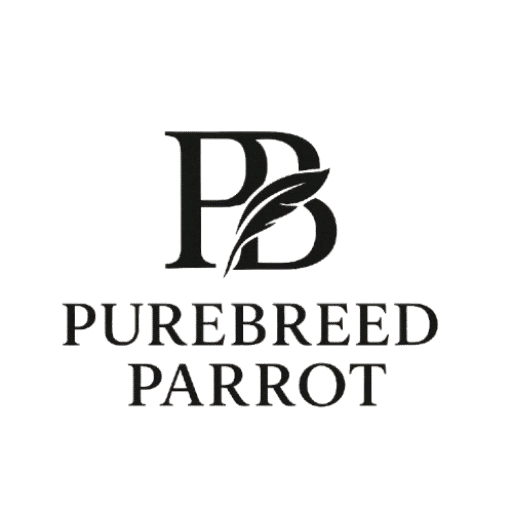
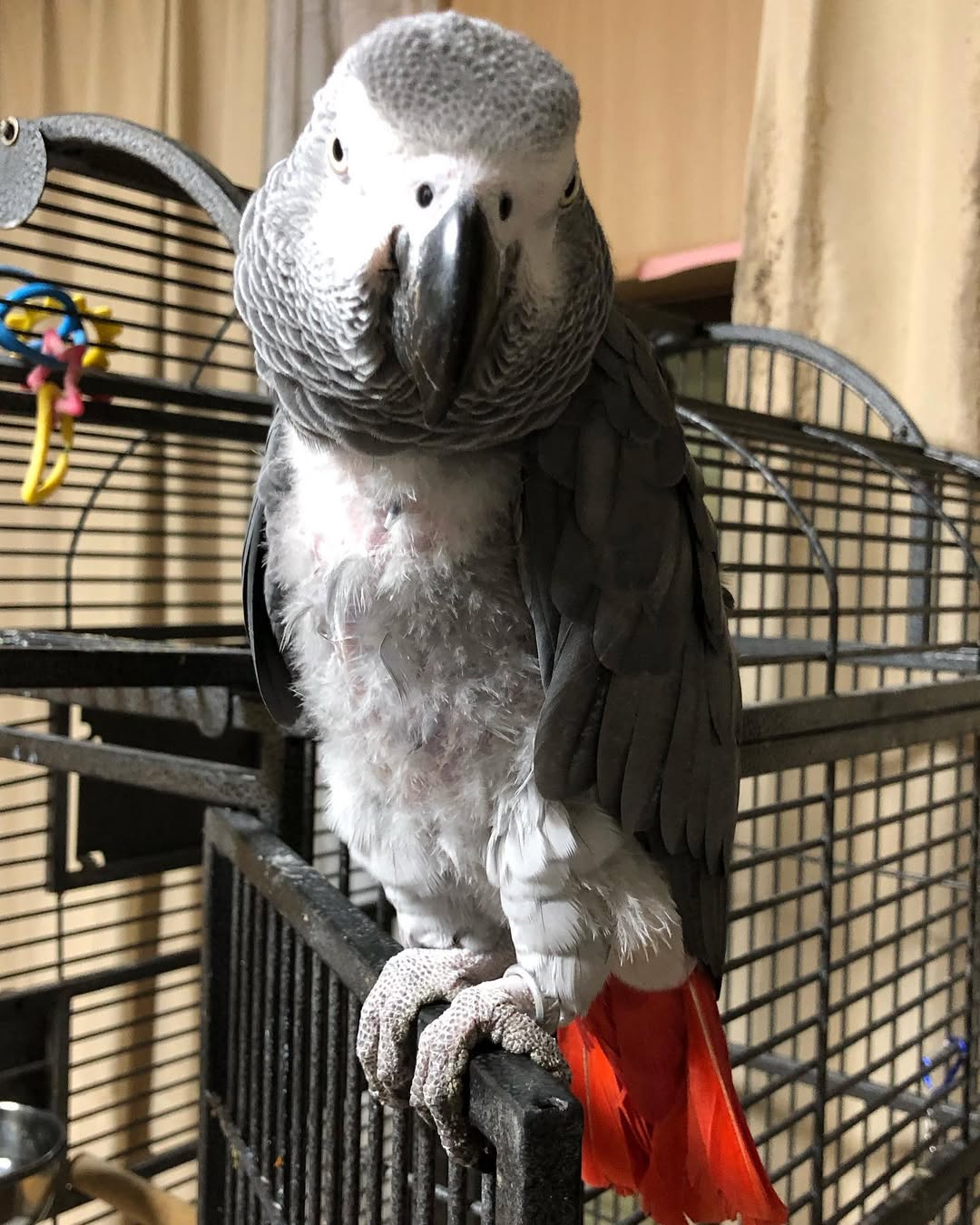
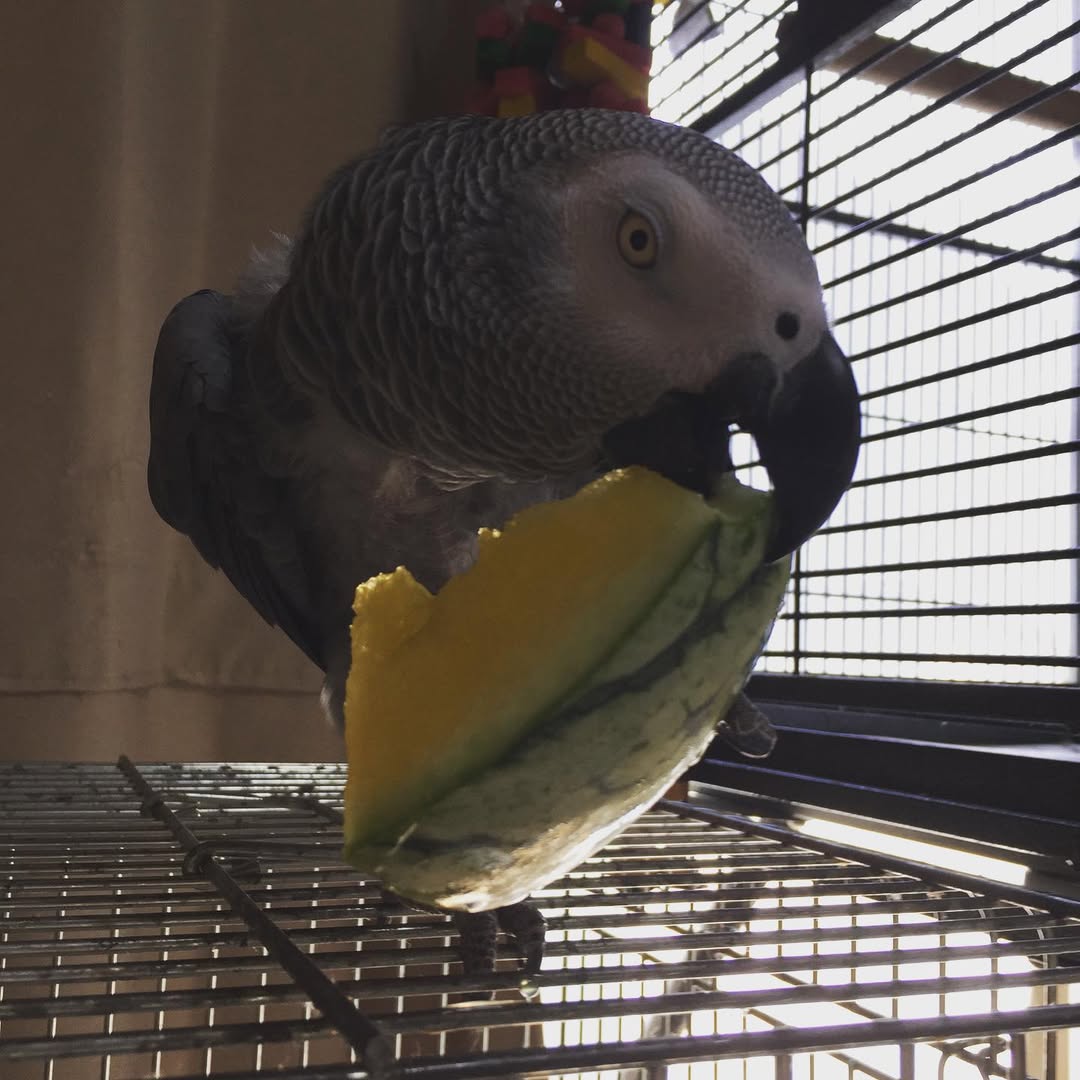
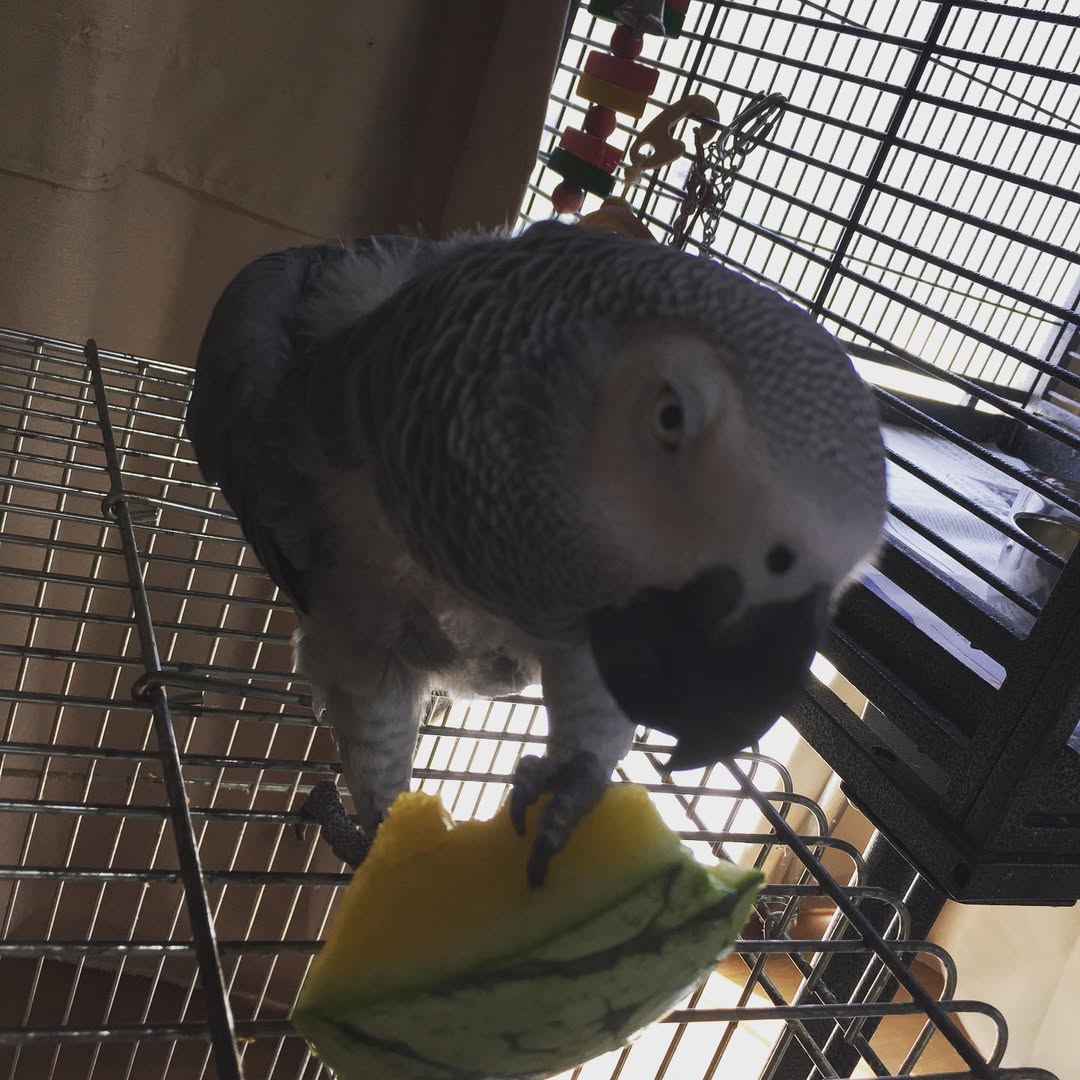
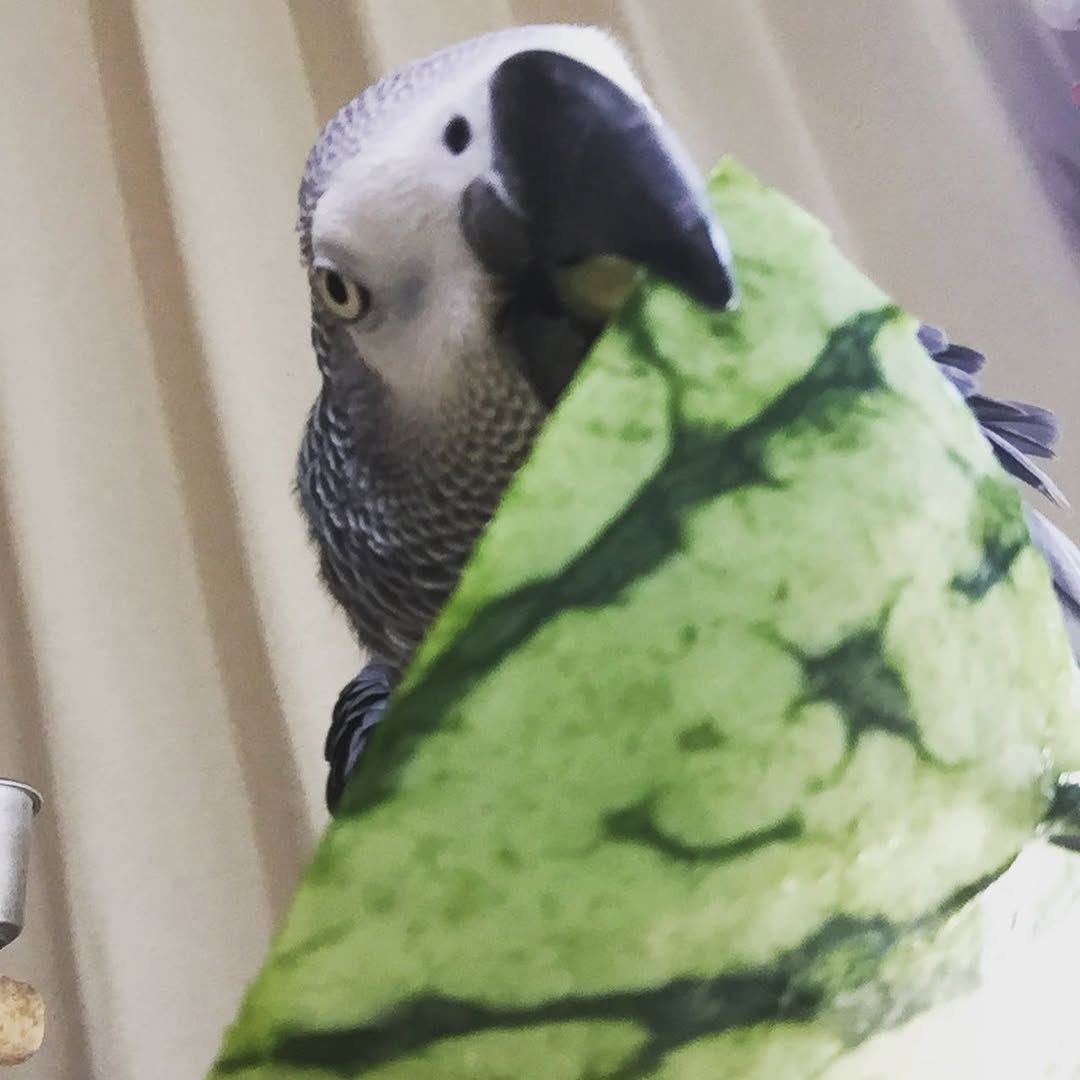
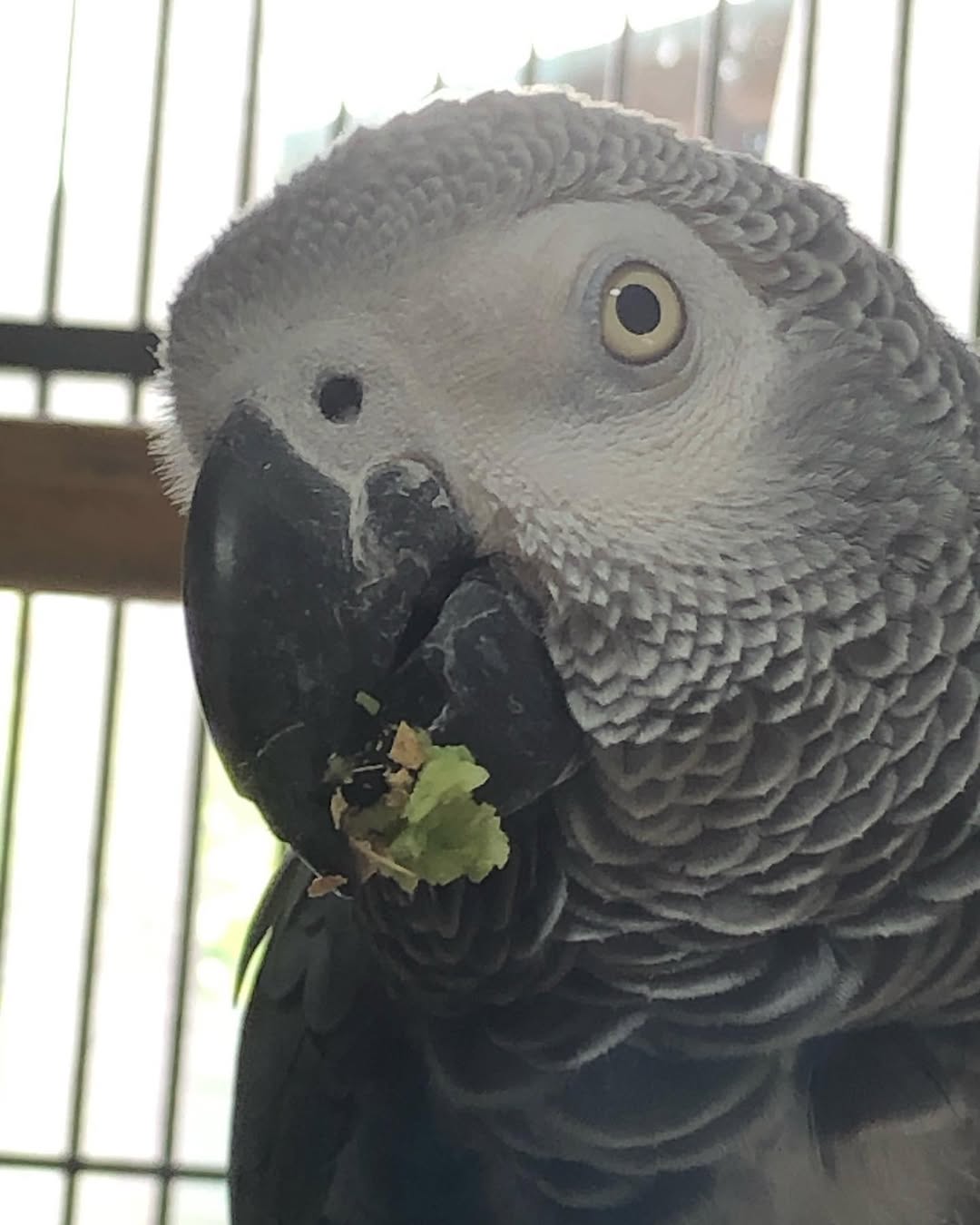
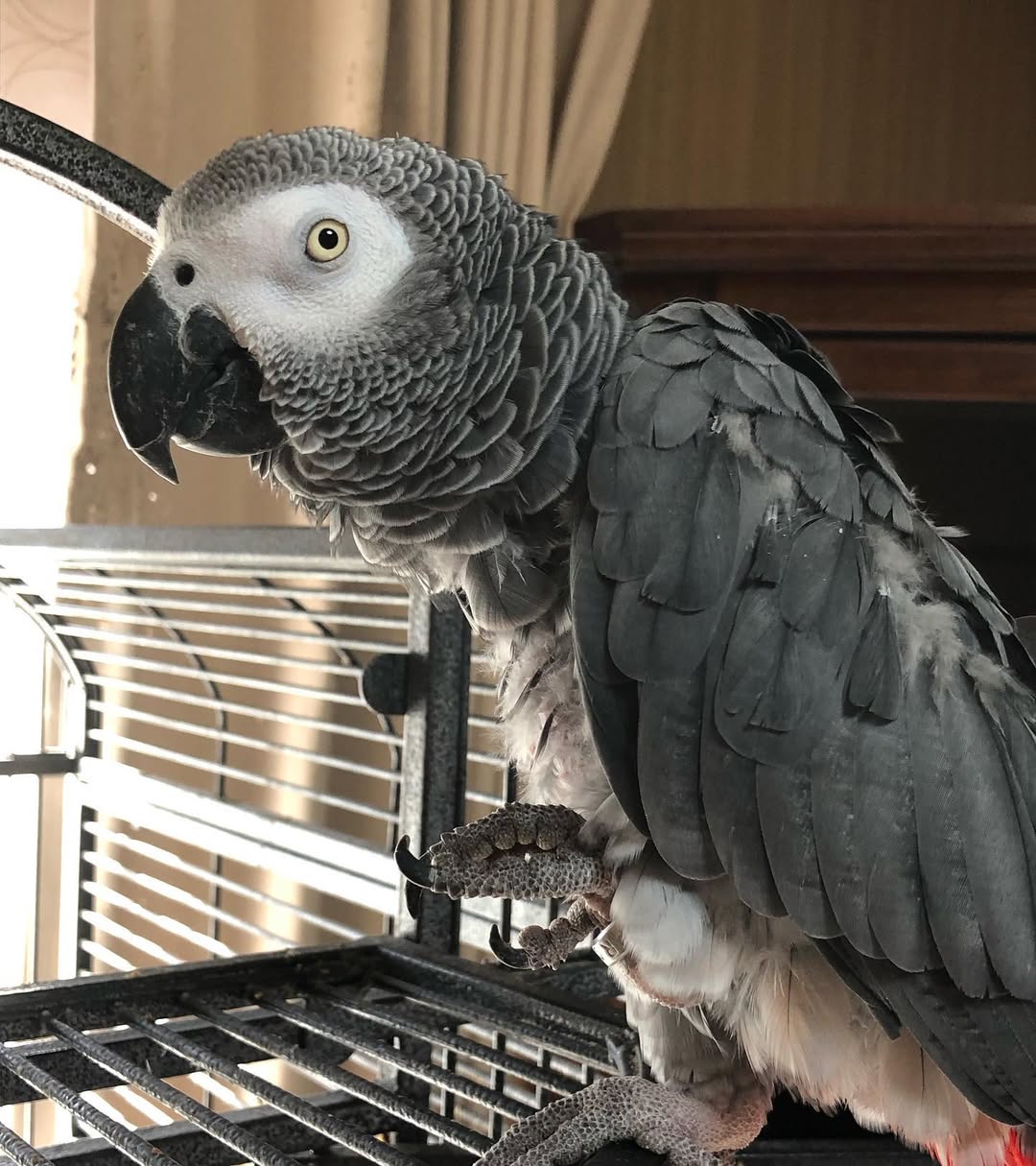
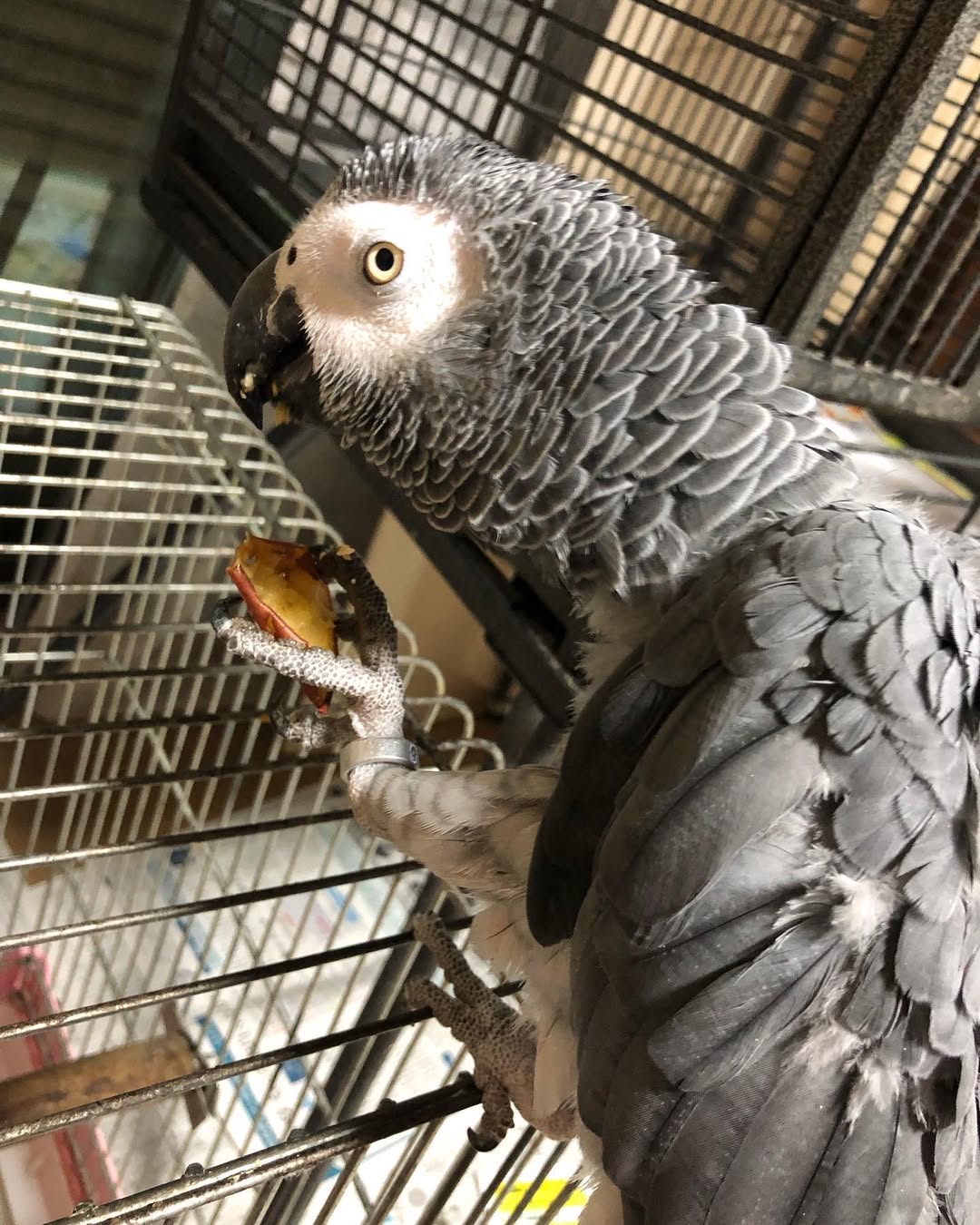
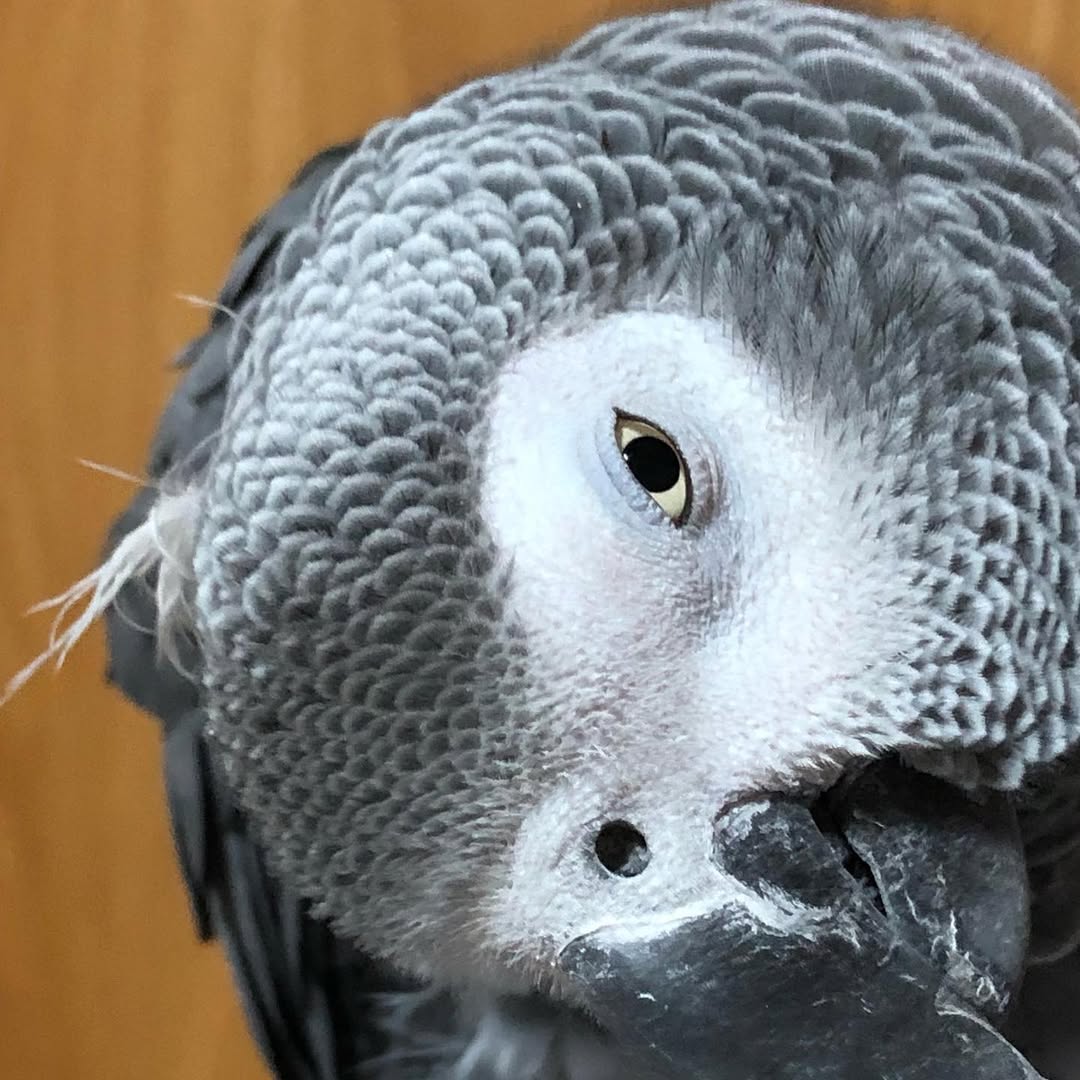
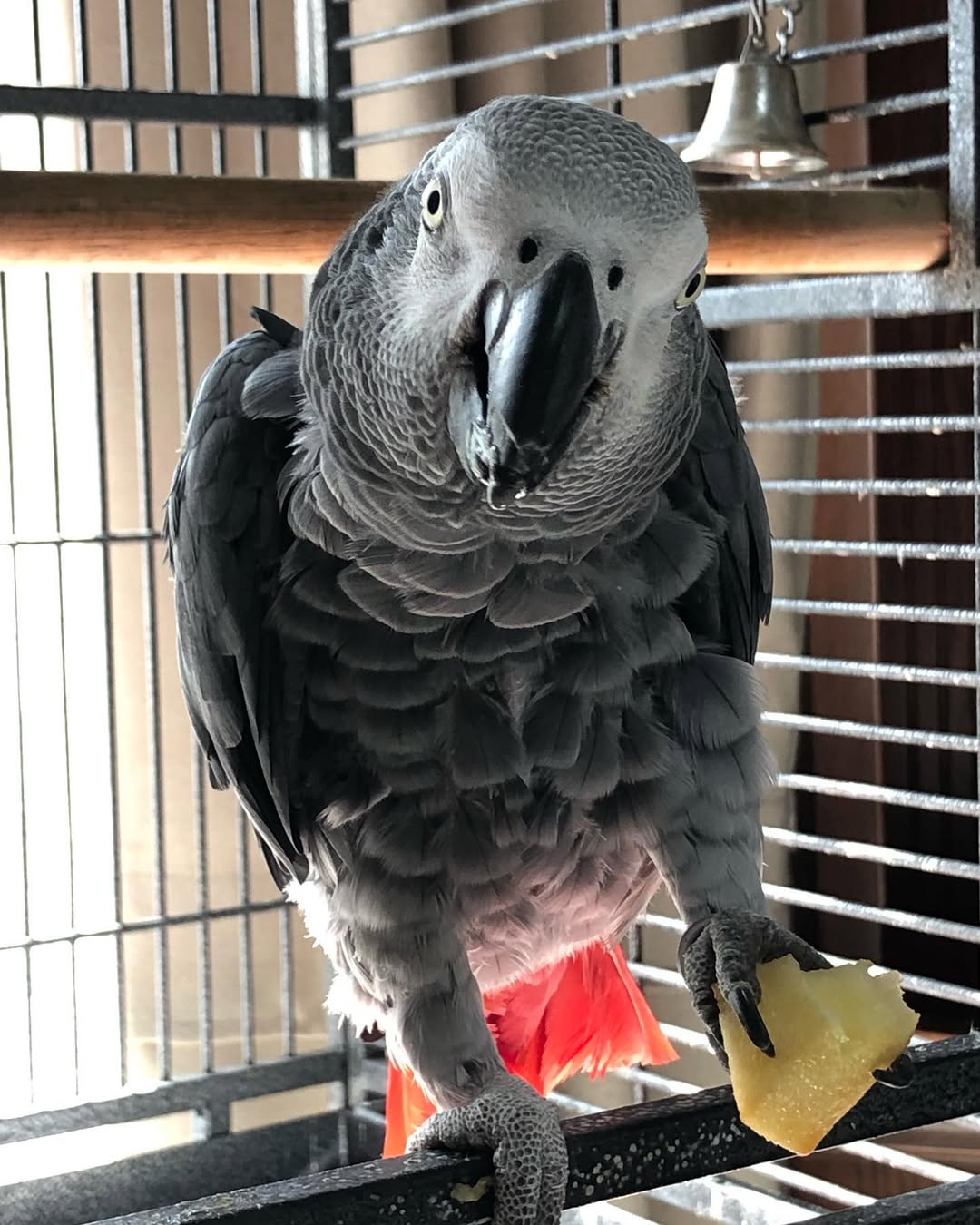
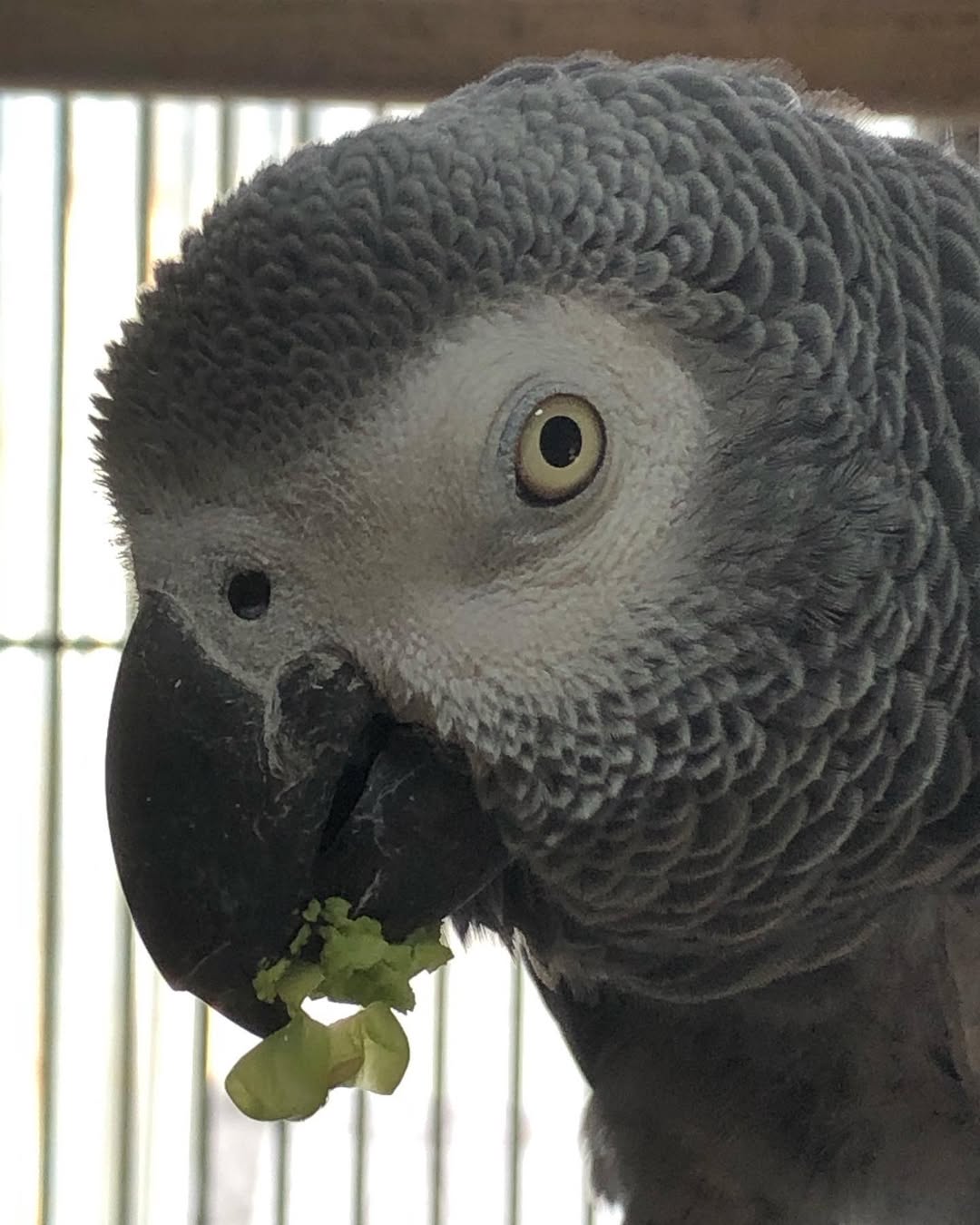
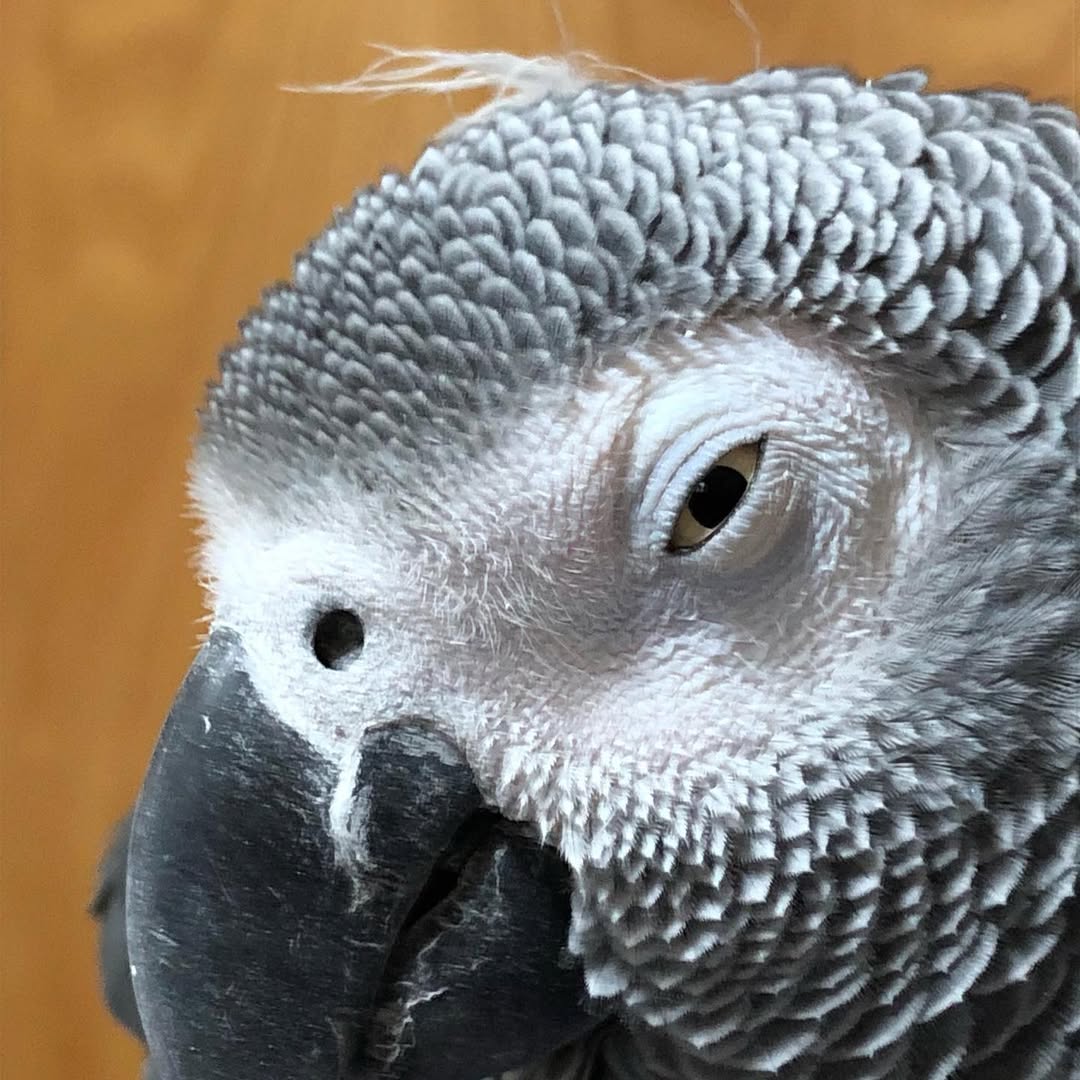
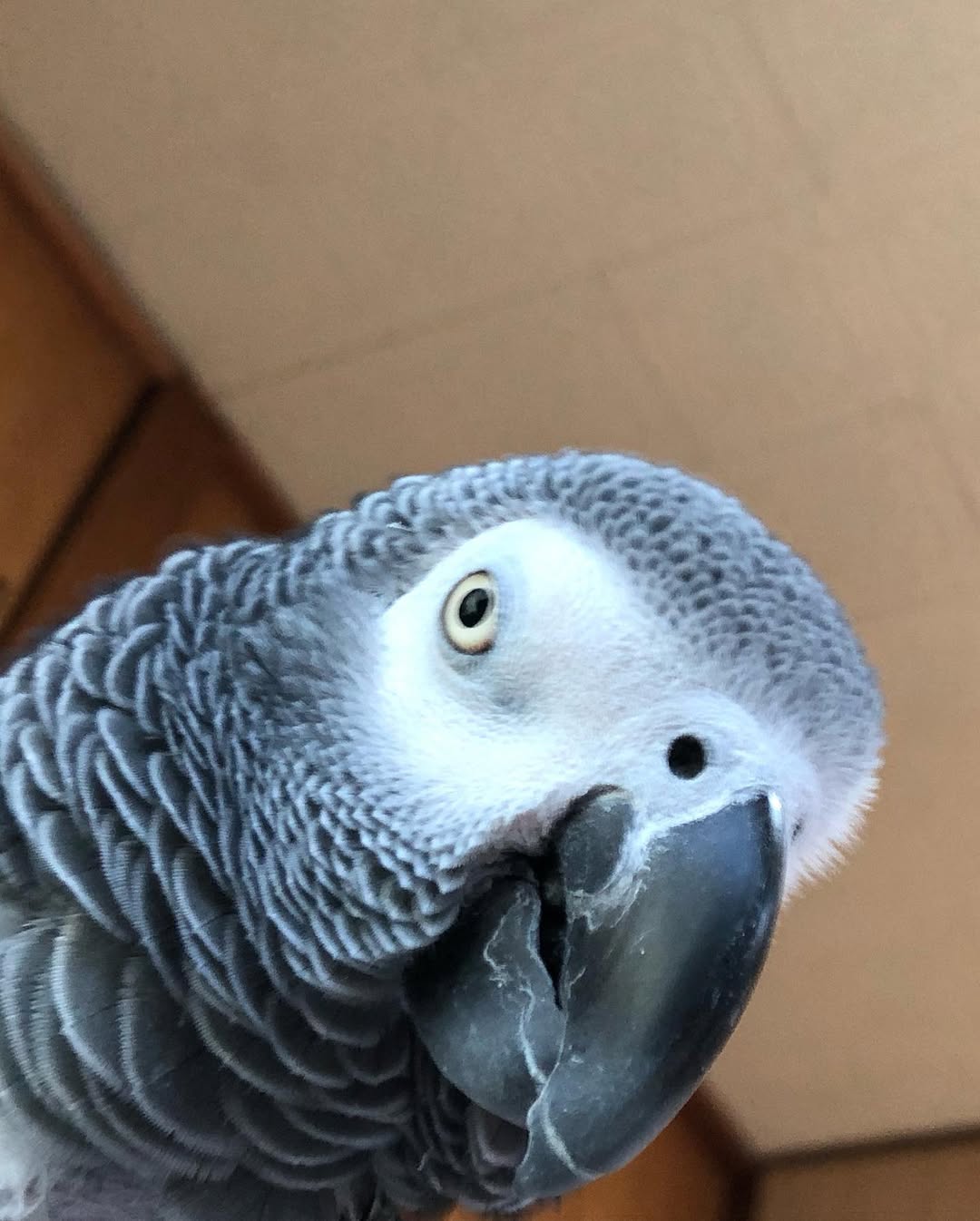
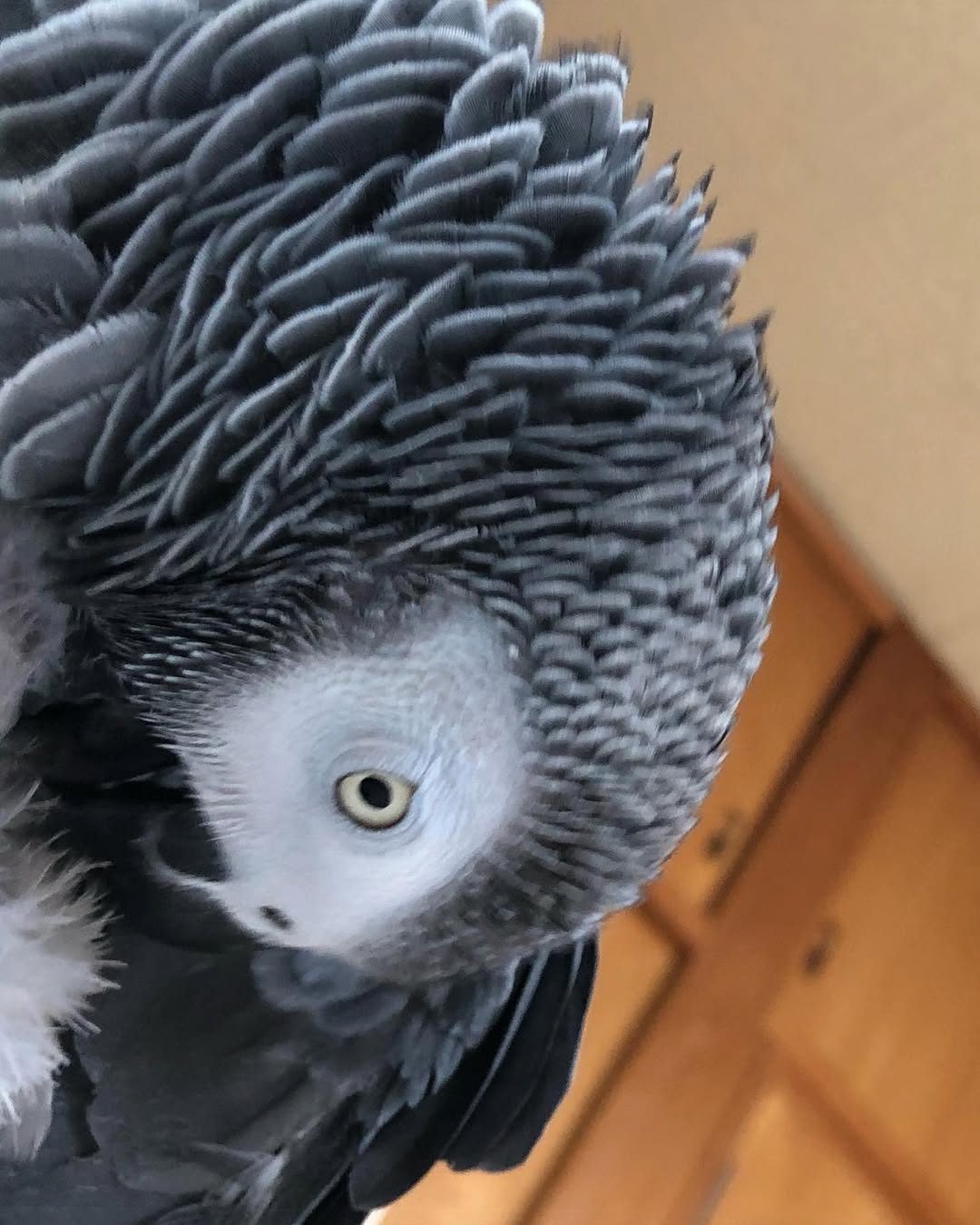
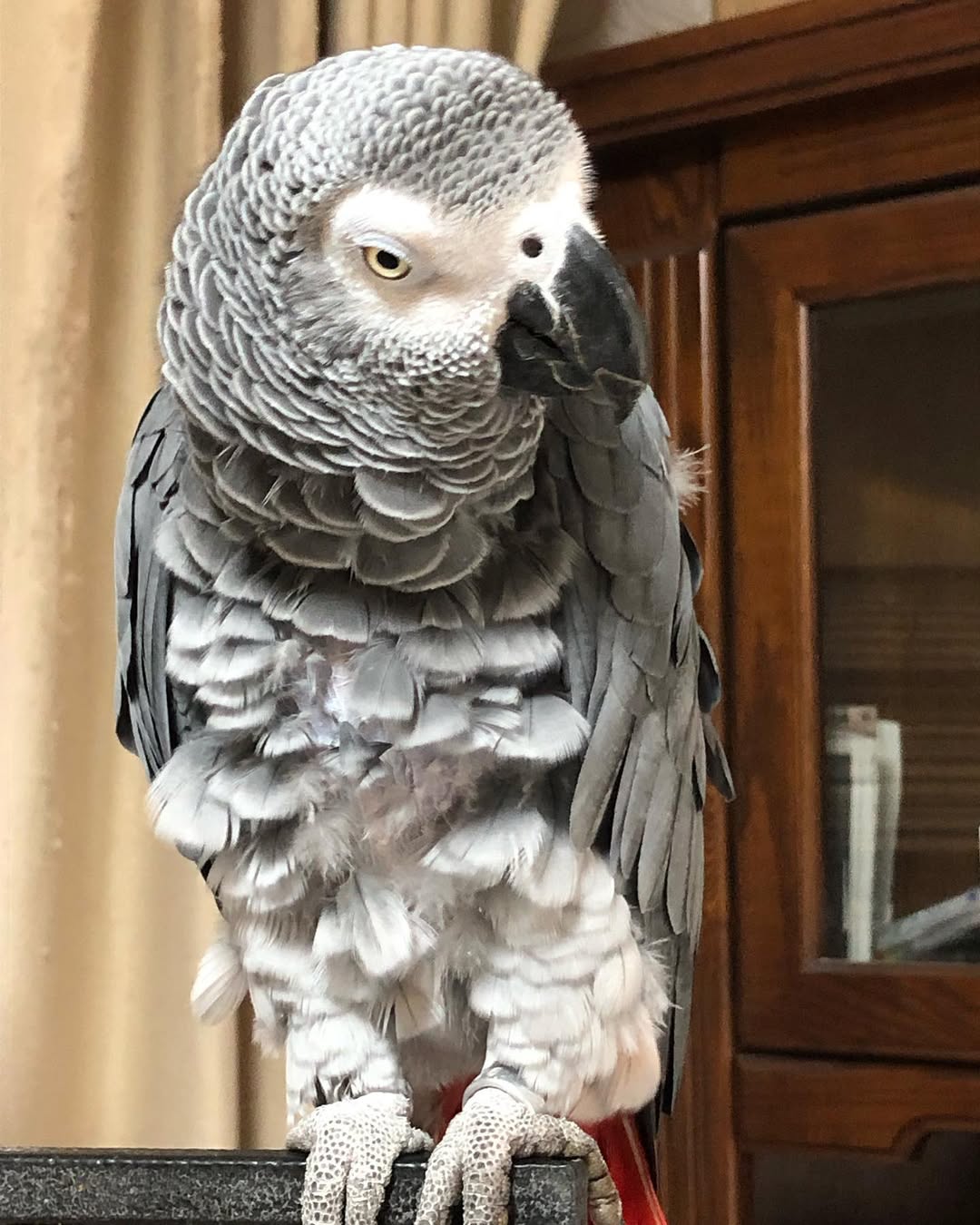
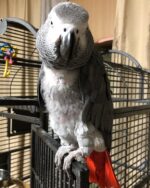
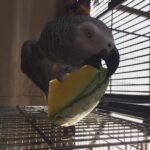
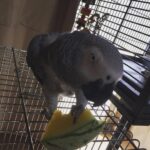
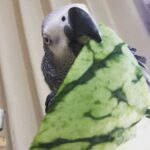
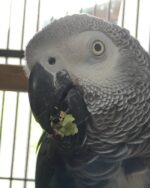
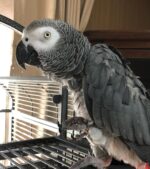
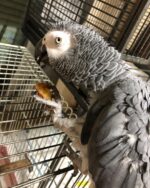
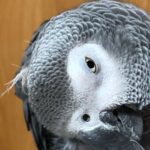
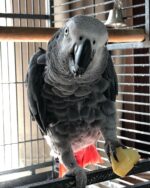
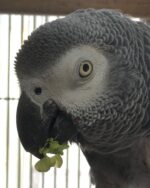
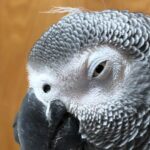
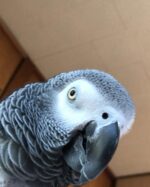
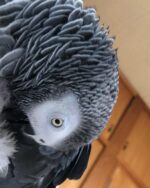
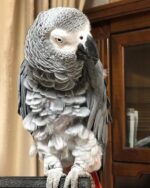
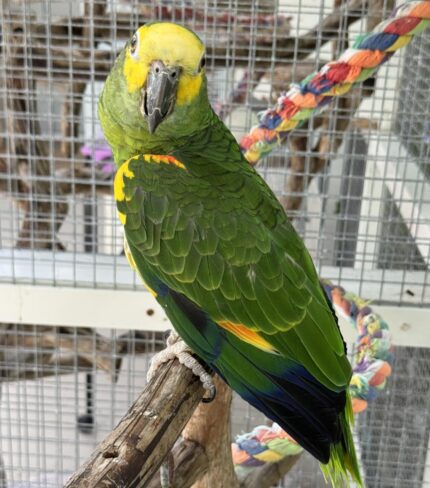
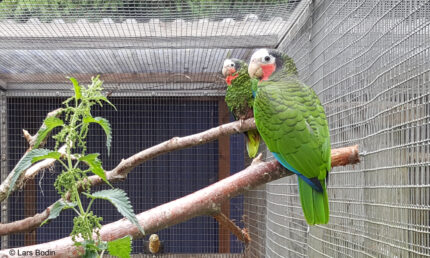
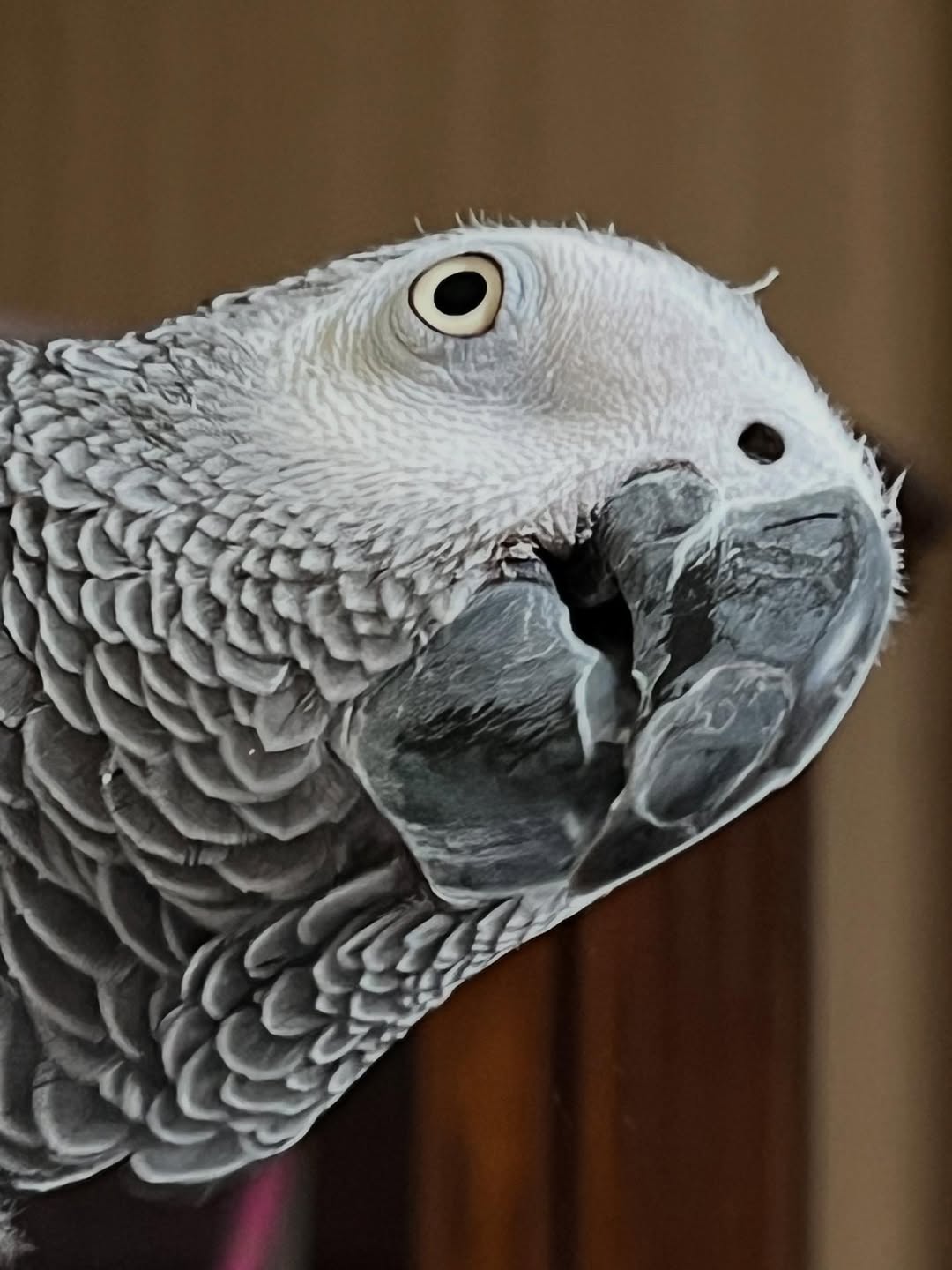
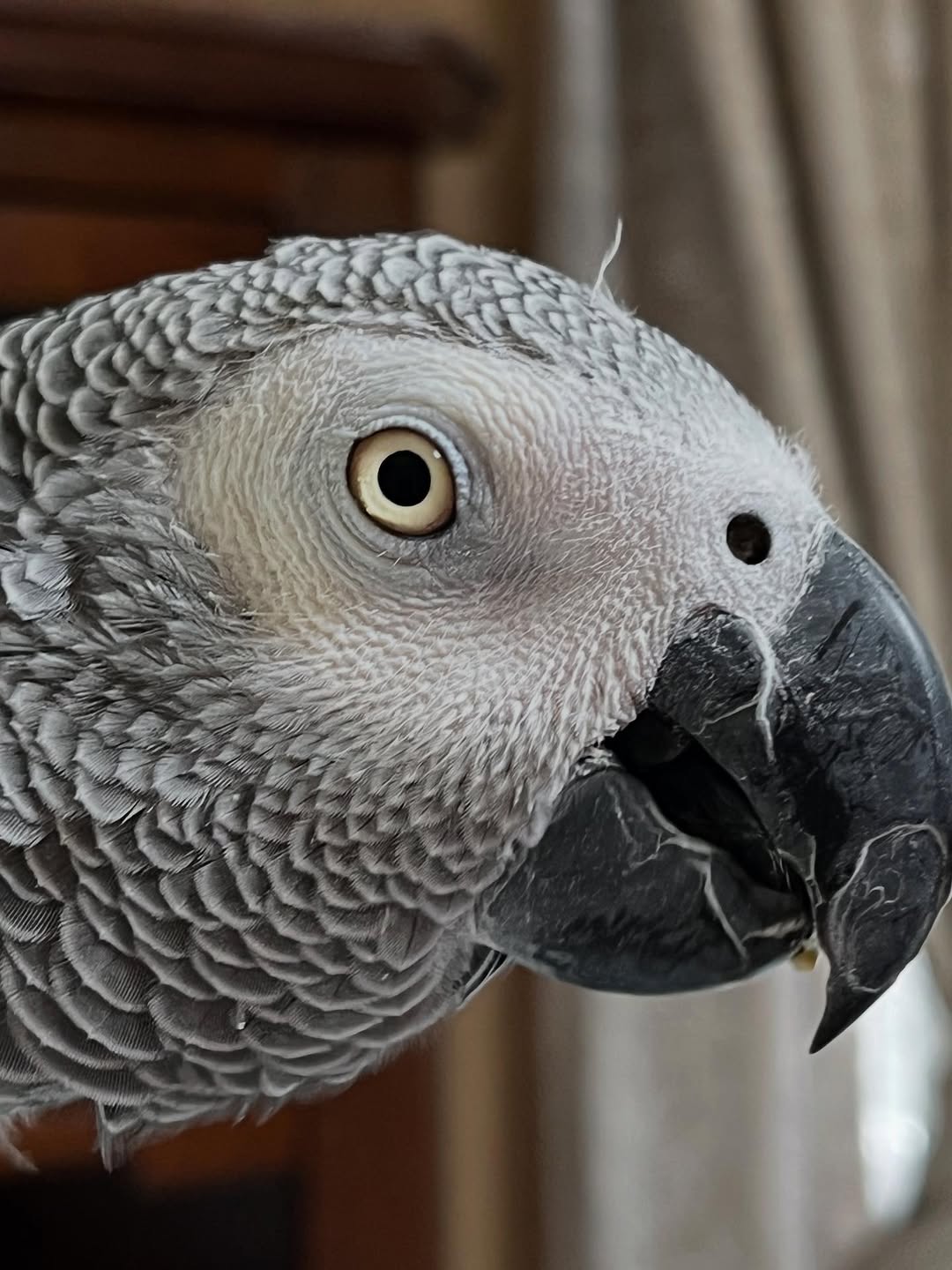
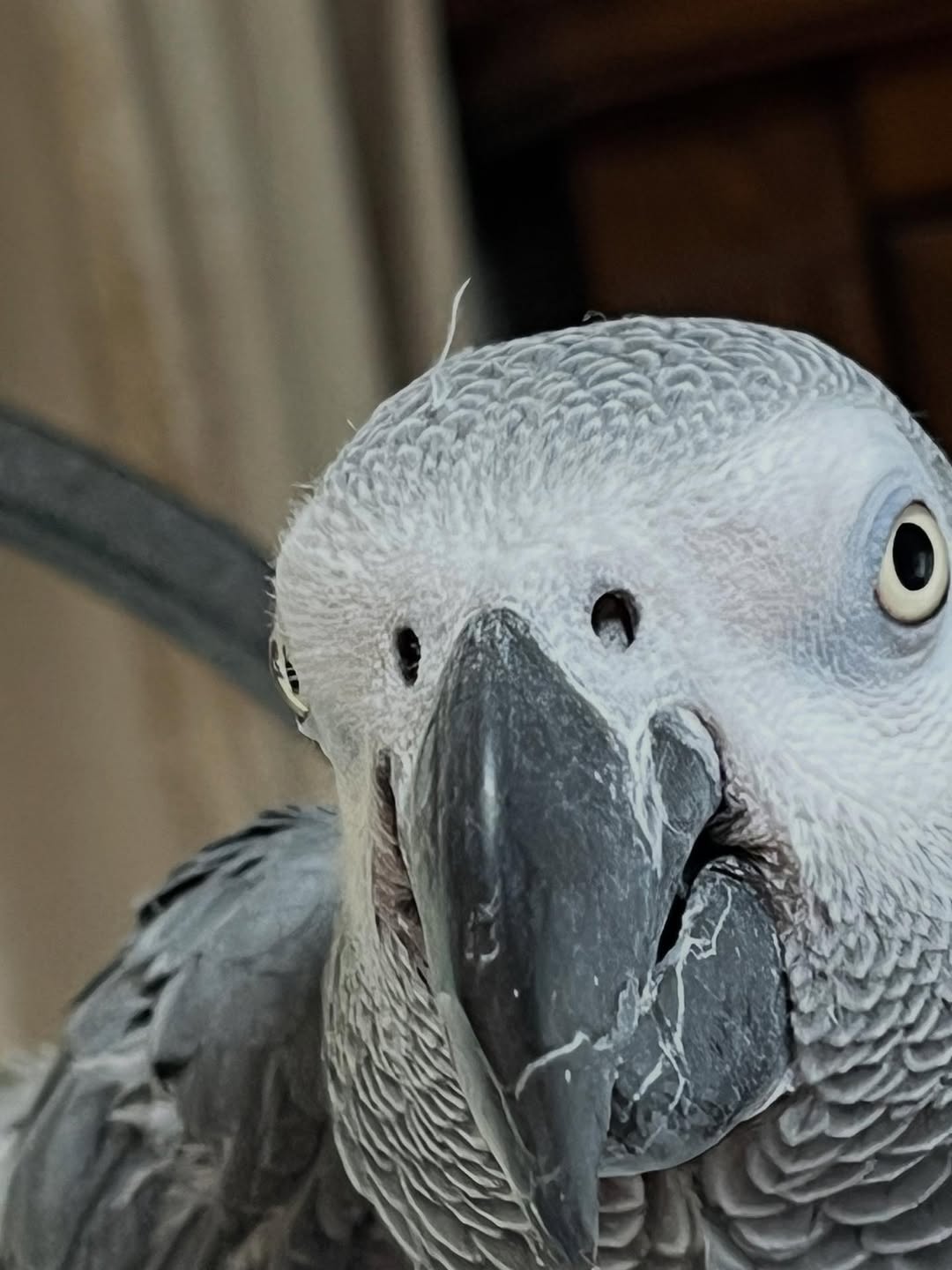
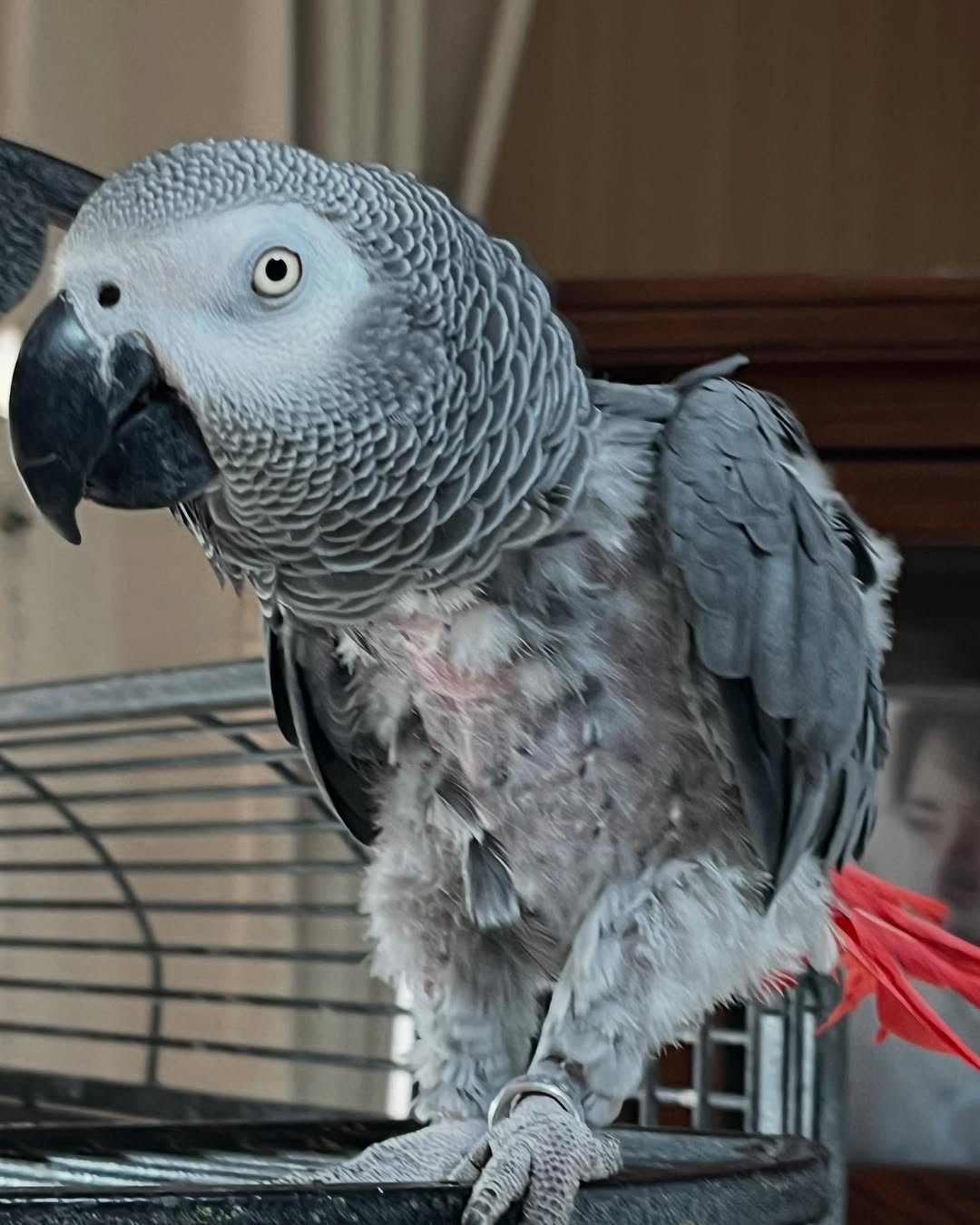
Avis
Il n’y a pas encore d’avis.